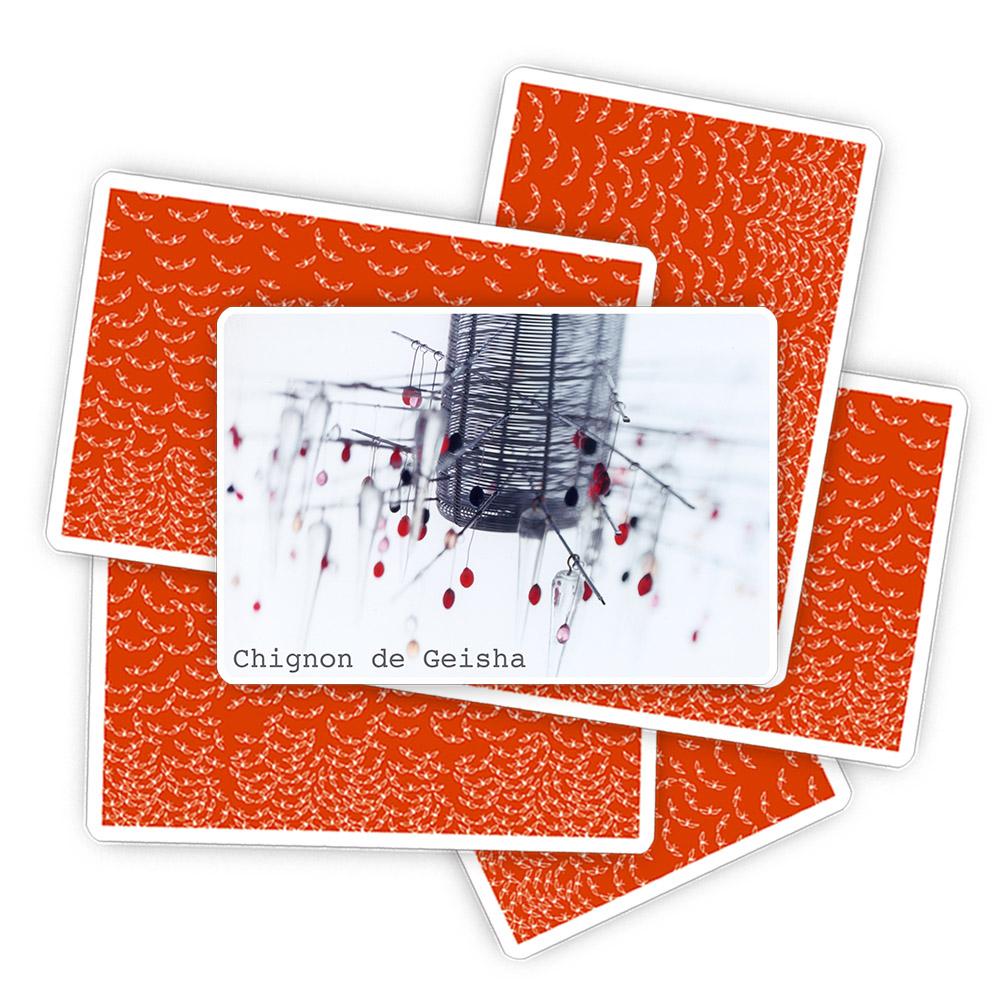Geisha's bun
•Posted on July 11 2020

Unlike its prestigious ancestors - whose imposing size and sumptuous brilliance only suited the palaces of sultans and princes - the Chignon de Geisha is a small chandelier ruffled with steel rods; fixed on a porcelain socket, it unreservedly illuminates rooms of modest size as well as the most beautiful party rooms, and, under the tenuous swing of its pendants (multicolored pearls and Indian glass ice cubes), everyday life looks like a long ball.
After making a lampshade for the magazine ELLE, in 1997, to be DIY with a tin can and the few remains of jewelry and beads that haunt the drawers, we designed the Chignon de Geisha in 1998. It was very cosmopolitan, the porcelain socket came from Turkey, via Germany, the colored glass pendants and the braided iron wire lampshade were made to measure in India - supervised by an adventurous friend, and the stems shaped from flats were the work of our favorite tollier, who had been making parts for the Avril vases in Fontenay-sous-Bois for a long time. It cost the modest sum of 860 francs at the start of its life and €135 when it died in 2001. 


Unlike its prestigious ancestors - whose imposing size and sumptuous shards were only suitable for the palaces of sultans and princes - the Geisha's Chignon is a small chandelier dishevelled from steel rods; fixed on a porcelain socket, it sheds unreserved light on small rooms such as the most beautiful festival halls, and under the delicate swaying of its pendants, (multicoloured beads and Indian glass cubes), everyday life resembles a long ball.
After making a lampshade for ELLE magazine in 1997, to be made in DIY with a tin can and the few remains of jewelery and glassware haunting the drawers, we designed the Geisha's Bun in 1998. It was very cosmopolitan, the porcelain socket came from Turkey , via Germany, the colored glass pendants and the braided wire lampshade were made to measure in India - supervised by an adventurous friend, and the stems shaped from flattened pieces were the work of our favorite tollier, who had been making the pieces for the April vases in Fontenay-sous-Bois for a long time. It cost the modest sum of 860 francs at the beginning of his life and 135 € when he died in 2001.
